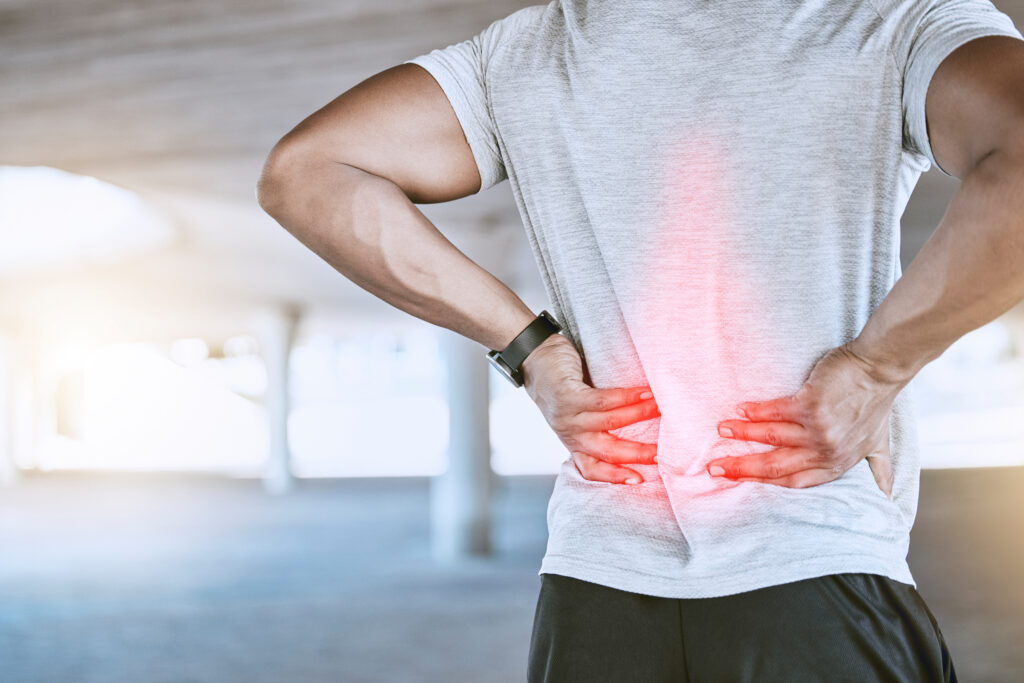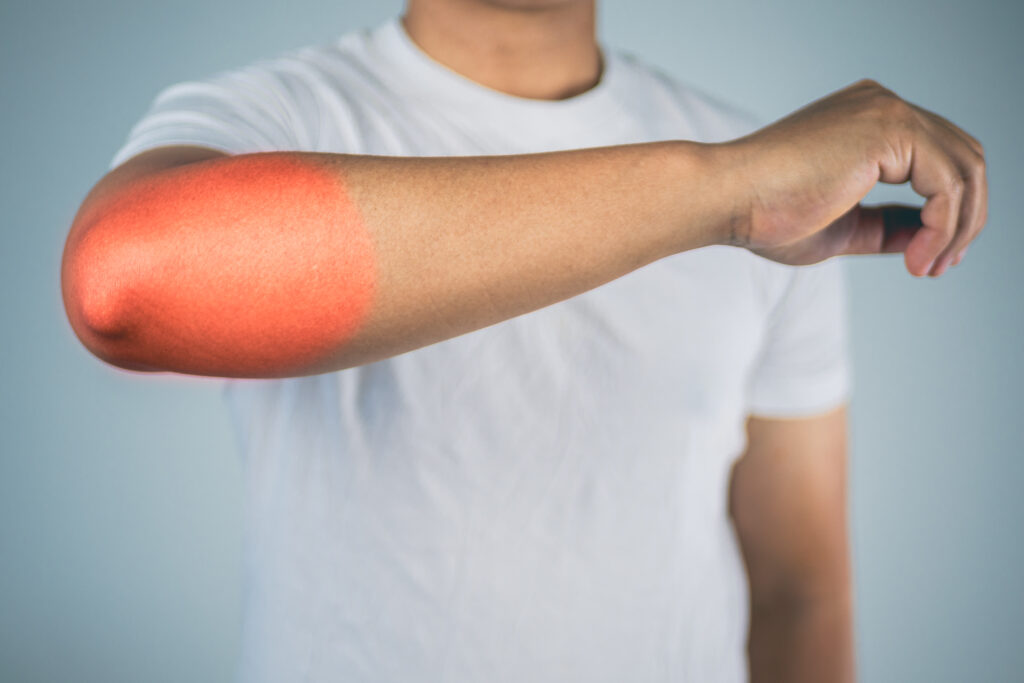You might be surprised to learn that simple adjustments in your daily routine can greatly reduce anxiety without medication. By integrating mindfulness practices into your life, making thoughtful dietary changes, and committing to regular physical activity, you could foster a sense of calm and stability. Each of these approaches offers unique benefits that can contribute to your overall well-being. But what specific strategies can you implement to start experiencing these positive effects?
Mindfulness Practices
In the hustle and bustle of daily life, mindfulness practices offer a powerful way to ground yourself and alleviate anxiety. You may find that simply taking a few moments each day to focus on the present can make a significant difference in your mental well-being.
Try starting with mindful breathing. Find a quiet spot, close your eyes, and take deep, intentional breaths. Feel the air fill your lungs, hold for a moment, then exhale slowly. This simple practice can help you regain control when anxiety starts to creep in.
Another effective mindfulness technique is body scanning. Lie down or sit comfortably and focus on each part of your body, starting from your toes and moving up to your head. Notice any tension or discomfort without judgment, and consciously relax those areas.
It's a great way to reconnect with your body and release pent-up stress.
You could also incorporate mindfulness into your daily activities. Whether you're walking, eating, or even washing dishes, try to engage fully with the experience. Notice the sensations, sounds, and smells around you, immersing yourself in the moment.
This practice can turn mundane tasks into opportunities for mindfulness, helping you cultivate a sense of calm throughout your day.
Lastly, consider keeping a mindfulness journal. Writing down your thoughts and feelings can help you process emotions and reflect on your experiences, making it easier to manage anxiety as it arises.
Embrace these techniques, and you'll likely find greater peace and clarity in your life.
Dietary Changes
Making dietary changes can greatly impact your anxiety levels and overall mental health. What you eat influences your brain chemistry and mood, so it's essential to choose foods that nourish both your body and mind.
Start by incorporating more whole foods like fruits, vegetables, and whole grains into your meals. These foods are rich in vitamins and minerals, which support brain health and can help stabilize your mood.
You might also want to take into account incorporating omega-3 fatty acids into your diet. Found in fatty fish like salmon, walnuts, and flaxseeds, omega-3s have been shown to reduce anxiety symptoms.
On the other hand, try to limit your intake of processed foods, sugar, and caffeine. These can spike your blood sugar levels and lead to increased anxiety and irritability.
Hydration is equally important. Drinking enough water can improve your overall mental clarity and help you handle stress better. If you're not a fan of plain water, try herbal teas or infused water for a revitalizing twist.
Finally, don't forget about the power of probiotics. Foods like yogurt, kefir, and fermented vegetables can enhance gut health, which has a direct connection to mental well-being.
A balanced diet isn't just about what you eat; it's about how you feel. By making these conscious dietary changes, you'll not only support your mental health but also create a foundation for a healthier lifestyle overall.
Physical Activity
Physical activity serves as a powerful tool for managing anxiety naturally. When you engage in regular exercise, your body releases endorphins, which are chemicals that boost your mood and help you feel more relaxed. Even a short walk can make a noticeable difference in how you feel.
It's not just about hitting the gym; any movement counts, whether it's dancing, cycling, or even gardening. When you're physically active, you're also giving your mind a break from worry. Focusing on your body's movements can help you disconnect from anxious thoughts.
Plus, exercise promotes better sleep, which is essential for managing anxiety. A well-rested mind is more resilient and better equipped to handle stress. You don't have to commit to long, intense workouts to reap the benefits.
Find activities you enjoy—this will make it easier to stick with them. Aim for at least 30 minutes of moderate exercise most days of the week. If you're short on time, break it up into smaller sessions throughout the day.
In addition, consider incorporating mindfulness practices into your routine. Activities like yoga or tai chi combine physical movement with mindfulness, helping you center your thoughts and calm your mind.
Incorporating physical activity into your daily life isn't just about fitness; it's an important step in alleviating anxiety. So, lace up those sneakers and take the first step toward a calmer, more balanced you!
Conclusion
By making simple adjustments in your lifestyle, you can greatly reduce anxiety naturally. Embracing mindfulness practices helps you stay grounded and relaxed. Tweaking your diet to include whole foods and omega-3s can stabilize your mood, while regular physical activity boosts your endorphins, enhancing your overall well-being. So, take these steps to nurture your mental health and find greater peace in your daily life. You have the power to create a calmer, more balanced you.



